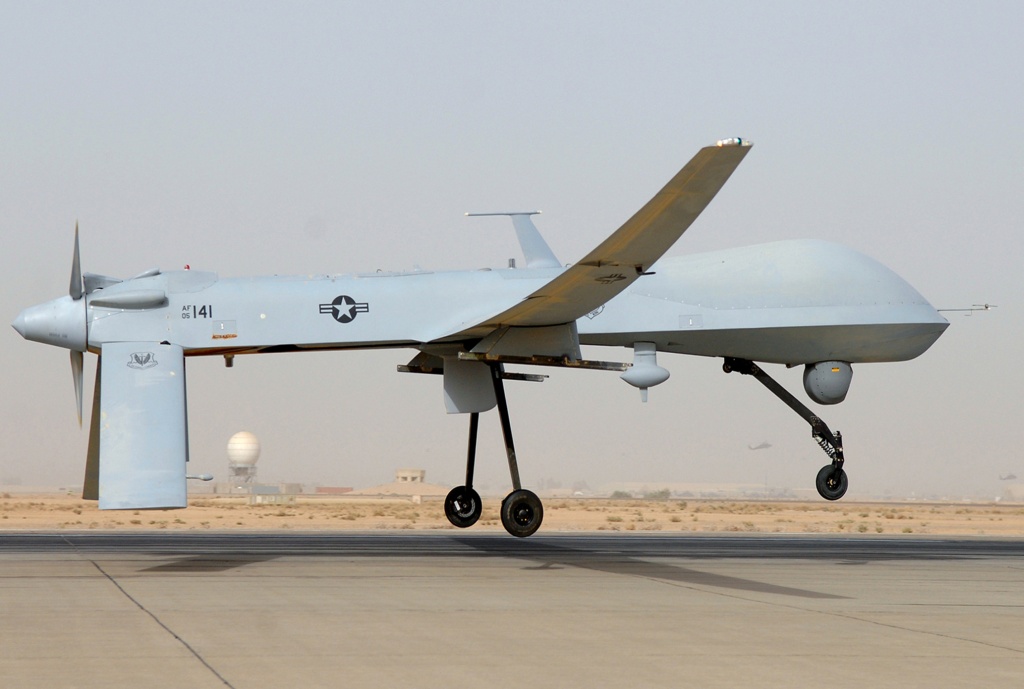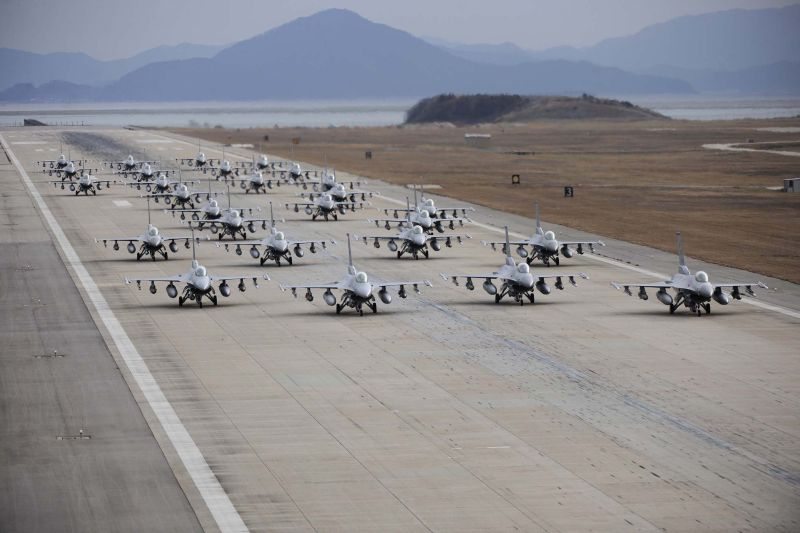The United Nations is launching a special inquiry into drone strikes and targeted civilian killings. The investigation’s main objective is to examine evidence that the strikes cause disproportionate civilian casualties.
The United Nations’ special rapporteur on counterterrorism and human rights, Ben Emmerson, said there was a need for “accountability” when strikes went wrong. Emmerson, a British lawyer, announced the inquiry at a press conference in London on Thursday.
The civilian killings and injuries that result from drone strikes on suspected terrorists will be part of the focus of the investigation. Emerson, who is heading the probe, said the rapid expansion in drone strike technology required a new legal framework to be put in place.
“The exponential rise in the use of drone technology in a variety of military and nonmilitary contexts represents a real challenge to the framework of an established international law,” Emmerson said at a press conference.
“It is both right as a matter of principle, and inevitable as a matter of political reality, that the international community should now be focusing attention on the standards applicable to this technological development.”
Specific case studies
The probe is to focus on 25 case studies of attacks in Pakistan, Yemen, Somalia, Afghanistan and the Palestinian Territories.
Several countries possess armed drone technology, most notably Israel and the US government, which uses drone warfare and targeted killings as part of its military campaign against al Qaeda.
CIA drone attacks in Pakistan have killed up to 3,461 people since 2004, according to Britain’s Bureau of Investigative Journalism, up to 891 of them civilians, including 176 children.
The UN Human Rights Council asked Emerson to start an investigation following requests by countries including Pakistan, Russia and China that it look into drone attacks.
Seeking ‘accountability’
Emmerson said his investigation would seek to secure “accountability and reparation where things can be shown to have gone badly wrong, with potentially grave consequences for civilians.”
The 25 case studies are to be examined to see if there is “a plausible allegation of unlawful killing that should trigger the international law obligations to investigate,” Emmerson said.
His report is to go to the UN General Assembly in October.
Emmerson said he did not expect the inquiry to result in a “dossier of evidence” that would directly point to legal liability, but rather would provide evidence to support the relevant states’ own independent investigations.











